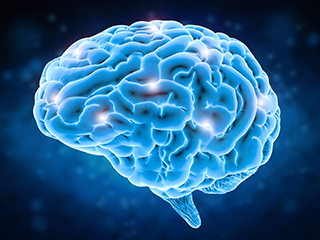September 20, 2023

Researchers from the NIEHS-funded Environmental Health Sciences Center (EHSC) at the University of Rochester explore how exposure to environmental chemicals affects brain health. The scientists study how exposure to air pollution, pesticides, and PFAS may harm brain health across the life course – from disrupting early brain development to increasing Parkinson’s disease risk later in life.
As EHSC members, the team has access to advanced scientific equipment that allows them to determine how everyday exposures affect the brain. For example, in a conversation with NIEHS Director Rick Woychik, Ph.D., EHSC member Deborah Cory-Slechta, Ph.D., described her work examining the link between neurodevelopmental disorders and exposure to ultrafine particles, which are 100 nanometers or less in size and invisible to the human eye.
“We [EHSC] have one of the very few facilities left in the country where we can study real-world exposure to ultrafine particles and assess how such exposures may affect development,” said Cory-Slechta. “Being able to study such ambient air is important if we are to mimic actual exposures in humans.”
Learn more about center members’ research to better understand how the environment may affect the way our brains develop, function, and age.


